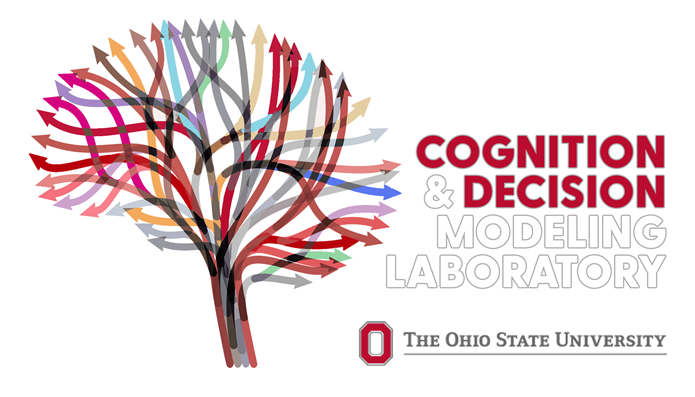

Class descriptions and resources for classes are posted below.
STUDENTS:
If you have any questions that aren't answered here, feel free to email me at pkvam@ufl.edu. Make sure to include the
title of your class (e.g. "PSY395") in the subject of your email to make sure
that your message doesn't get lost in my spam folder or anything.
This course explores how people make decisions and how we study the psychological processes underlying their choices and judgments. The first part of the course will cover traditional theories of choice and how we “should” make decisions and judgments, as well as the mental shortcuts (heuristics) and biases that lead us astray. The second part will examine how we use social and affective information and learn to make better choices over time, considering many factors in order to satisfy our preferences and achieve our desired outcomes. The final part of the course will examine the neural underpinnings of decision processes as well as disordered decisions and judgments arising from brain damage or clinical conditions, such as schizophrenia and substance dependence. Students will read primary source articles (provided) to learn about the various sources of experimental data used to study decision processes and how researchers use models to predict and explain the choices that people make.
This lab provides hands-on experience in the methods and approaches of perceptual psychophysics. Students in this class will learn and apply methods of scientific communication, summarize results, and do lab write-ups, present data, and write a final paper. Activities in the lab will challenge students to think carefully and critically about every aspect of the research process, relating these to benefits and limitations of the scientific method in psychological research. After completing a progression of small assignments involving data care, students conduct instructor-supervised group projects to run an experiment of their own. Students will collect, analyze, and present the results of behavioral data collected from psychological experiments. In the end, students will judge similarities and differences between the methods and results of their own experiments.
This course is aimed at developing the quantitative and computational skills that will allow students to better understand modeling approaches in psychology as well as develop and test their own generative models that explain human (and animal) behavior. The first part of the course will be skill-focused, covering the philosophy behind modeling and learning the statistical and computational tools needed to describe behavior using parametric models, looking at common distributions and functions used to describe observed data in terms of latent psychological processes. The second part of the course will be primarily discussion-based and examine several important applications of modeling approaches in areas like intertemporal choice (delay discounting), risky decision-making, categorization, learning, attention, and the corresponding dynamics. The final part of the course will be project-focused, with students working individually or in small groups on applying models to better understand the psychological processes underlying their own data (with class time devoted to troubleshooting and debugging)